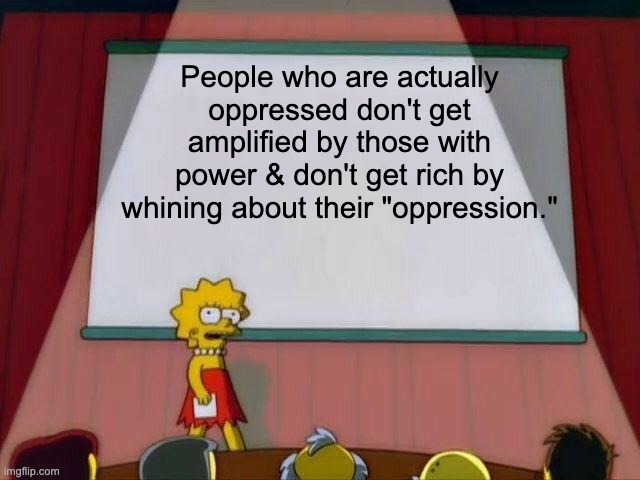
The pattern intensifies the cultural narrative of females as the already-mature ‘voice of reason’ (Trites, 2014). The narrative is “ predicated on the false assumption that women will always-already mature as a result of their ostensibly maternal nature” (Trites, 2014). This popularized stereotype has its cultural roots in history. The author claims that modern animated movies for children assume that women/girls are more mature than men/boys and widely promote this narrative. Trites (2014) identifies the issue of the so-called ‘Pixar maturity formula’. The films are used as a parable through which the audience can recognize a deeper social projection (Turner, 1996). Growing up, kids become used to the norms projected onto them and spread the stances they have learned in childhood throughout their adult lives. Cultural products for children are a way for them to learn about morals and ethics. The discussed matters are serious because films targeted at children, among other cultural products, convey coded messages that can normalize harmful stereotypical scenarios. I will also touch upon other major flaws in the films' narratives. This article will focus on sex- and gender-related discrimination and prejudice in two movies by Disney.

As Trites (2014) makes clear, narratives in children's movies often contain stereotypical imagery and might, in the long run, be harmful in a cultural and social sense. When analyzing the animated version of Aladdin (1992) and the recent film Aladdin (2019), one notices major traces of sexism, ageism, and racism. However, in hindsight, childish naivety is replaced with suspicion and skepticism due to the story's controversies.

Aladdin, Jasmine, Jafar, and Genie are beloved characters familiar to us from childhood.


 0 kommentar(er)
0 kommentar(er)
